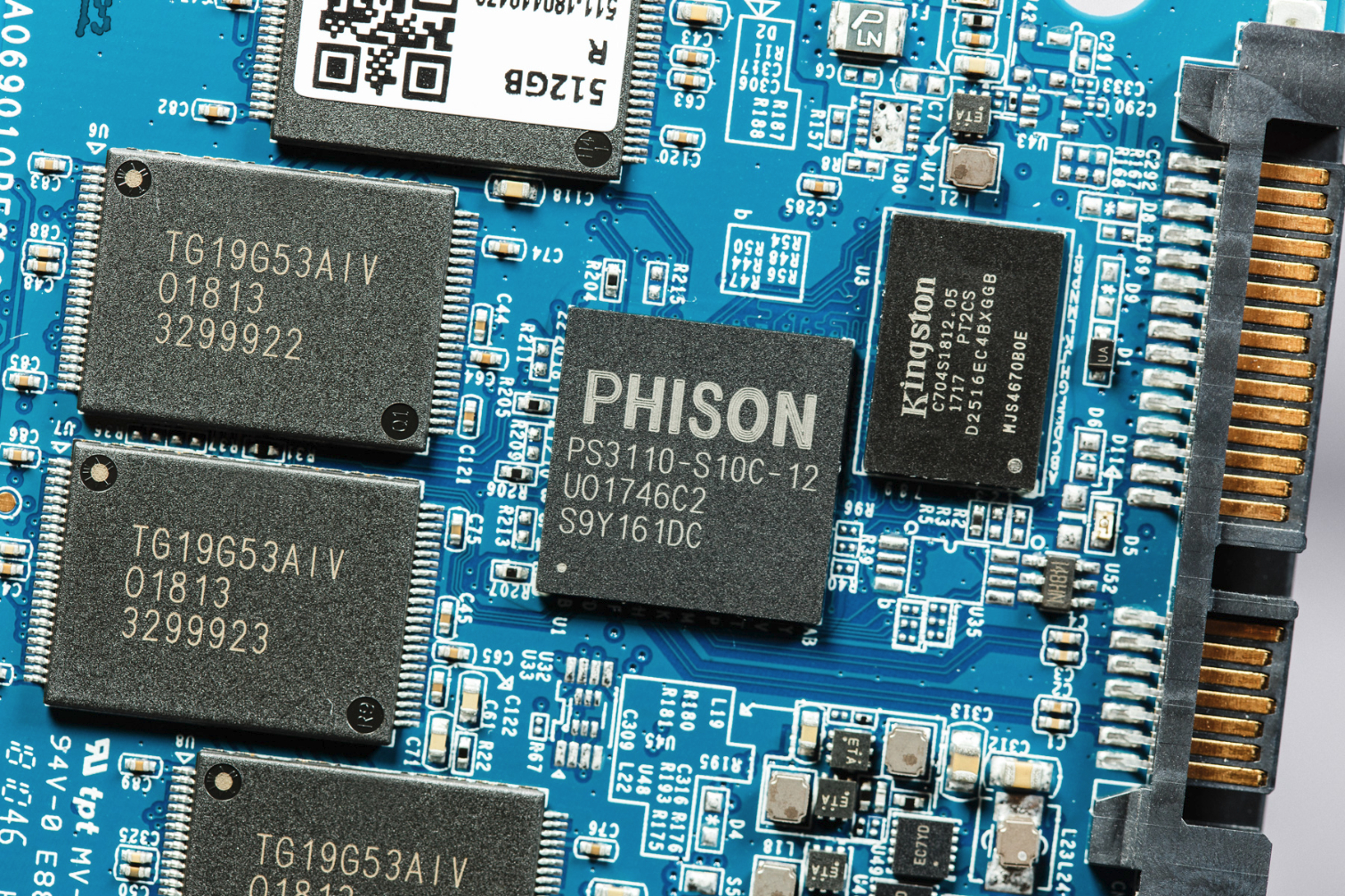Gigabyte UD Pro 512GB Review: Gigabyte Joins The SSD Club
Why you can trust Tom's Hardware
Conclusion
SSDs have matured over the years from expensive and exotic devices that were barely faster than a hard drive, and often plagued with firmware issues, to one of the most important and reliable pieces of a computer build. As a bonus, now nearly anyone can fit one into their budget. But now we face a new problem: picking which one to buy when they all seem good enough. At the end of the day, it boils down to value, especially in the SATA segment.
The Gigabyte UD PRO definitely performs a step ahead of HDDs and should serve you well in most daily-use applications. Even an entry-level SSD will impress users accustomed to HDDs, but the market is packed with similar SSDs. Those who have been in the SSD business since the beginning know very well how to deliver value in an ultra-competitive market. Some will throw in extras while others leave their SSDs bare of accessories. When we step back and weigh the UD PRO's value to the consumer, we can’t help but feel quite a few other options easily outrank it.
The UD PRO comes bare of anything but the drive itself. Currently, Gigabyte doesn't even include SSD Toolbox software to manage the drive. There are many other options out there at the same price, or less, that offer more performance, endurance, accessories, features, and warranty.
To earn our recommendation, the UD PRO needs a price that reflects its value. At $105.99 for the 512GB model and $59.99 for the 256GB model, the UD PRO is pricey for what you get. The SSD uses an older controller that is likely cheaper than current-gen options, which surely leaves Gigabyte more room than their competitors to reduce pricing.
Is the brand name tax worth it for the UD Pro? We don’t think so: Even some no-name brands are significantly cheaper at $70-$85. We recommend the Inland Professional SSD or the Silicon Power S55 if you have a tight budget and need a bare-bones SATA drive. If you want a step up in quality and features, the WD Blue 3D is a fantastic choice that comes with a lighter price tag than the UD PRO.
We see the UD PRO as a stepping stone for Gigabyte. Hopefully the UD PRO is not the company's last SSD, and it can improve its next release. Gigabyte could continue to work with Phison and release something with a bit more performance in mind. Phison's new E12 NVMe controller is sampling, and it would surely place the company on firmer competitive footing. Gigabyte could develop a high-performance SSD with the new controller, put it under the AORUS brand, throw in an SSD Toolbox, slap on competitive pricing, and call it a day.
MORE: Best SSDs
Get Tom's Hardware's best news and in-depth reviews, straight to your inbox.
MORE: How We Test HDDs And SSDs
MORE: All SSD Content

Sean is a Contributing Editor at Tom’s Hardware US, covering storage hardware.
-
eien.yozora I'd like to know if this worse than Kingston A400? I can buy the 256gb version for about $46.Reply
